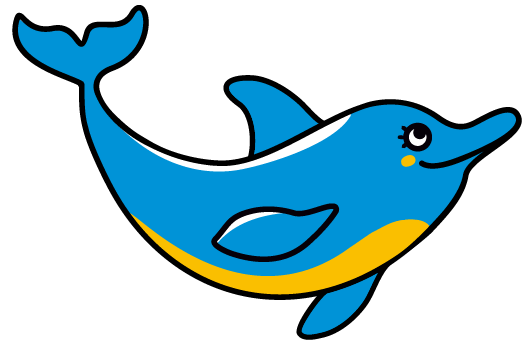
A New Wave of Hope
Join Us in the Quest to Help Advance Treatment for Developmental and Epileptic Encephalopathies (DEE)


See If Your Loved One Qualifies for This Study
Fill out the form below to help determine eligibility.
Patients with Dravet Syndrome may qualify for the DEEp SEA Study. To learn more about the DEEp SEA study please visit the study website.
Who Can Take Part?

Participants who may qualify to join:
- Have been diagnosed with DEE, such as LGS or other.
- Are between the ages of 2 and 65 years old.
- Have experienced seizure onset between:
- Birth and 8 years old for people with LGS.
- Birth and 5 years old for people with DEE (other).
- Have had an average of 4 seizures per month during the last 3 months.
- Are willing and able or have a caregiver who can maintain study diaries throughout the DEEp OCEAN study.
Additional study requirements and exclusions will apply including certain anti-seizure medications. Only a qualified healthcare professional can determine if your loved one is eligible to participate in the study.
What to Expect During the DEEp OCEAN Study?
Screening
Screening
Study Treatment
During the study, participants can expect at least 6 on-site visits for tests and evaluations, as well as 3 telephone visits to review progress. Participants or caregivers will need to maintain electronic diaries throughout the study.
Study Treatment
During the study, participants can expect at least 6 on-site visits for tests and evaluations, as well as 3 telephone visits to review progress. Participants or caregivers will need to maintain electronic diaries throughout the study.
Open-Label Extension
Participants who complete the last visit of the study treatment period can continue in an open-label extension study (OLE). During the OLE, all participants will receive the investigational drug.